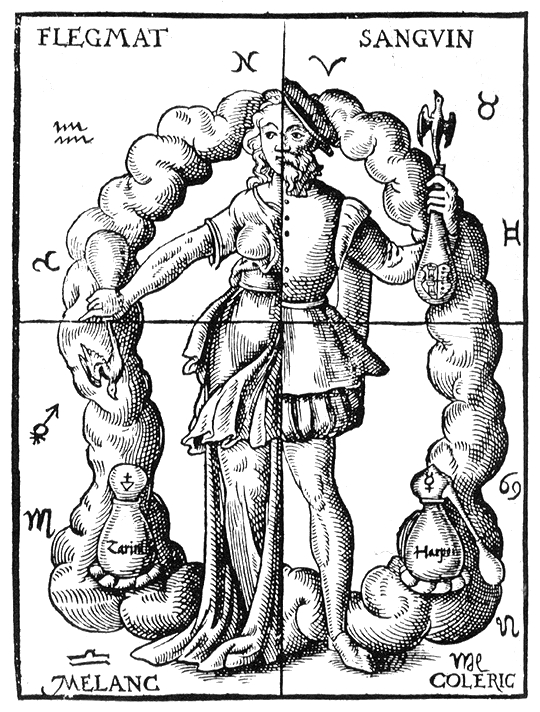Bilem sæpe, jocum verstri movere tumultus.Shilleto: Horace, Epistles, Book 1, Ep. xix, line 20.
I like the Oxford World's Classics translation here, although less literal than Loeb's:
Although ostensibly, the thread here is laughter & tears (picking up again on the Heraclites/Democritus+Diogenes opposition), the context of Horace's Epistle is assertion of the poet's originality to refute accusations of plagiarism leveled against his Epodes and Odes. Horace also refuses to compromise and promote his poetry with social appearances and dinners.[O, you imitators, servile herd,] how often have your antics stirred me to anger, how often to laughter!
Horace, Satire and Epistles, trans. John Davie, ed. Robert Cowan (Oxford University Press, 2011)
* * * * * * * * *
...petulanti splene cachinno*...
* R.B.: Per. [Shilleto: Per. i. 12]
* * * * * * * * *
...urere bilis jecur*...
* R.B. Hor. [Shilleto: Hor. Satires, Book I, sat. ix, line 66]
Back to Horace: out walking on Via Sacra he is accosted by an importunate sycophant who butters up to the poet to get closer to his patron. Horace can't shake him off. They run into a friend who pretends not to see the poet winking and pointing at him and, thinking himself funny, fails to save him from the gadfly. Horace is furious: "my liver was aflame with gall."
Medieval woodcut showing the four humors.

No comments:
Post a Comment